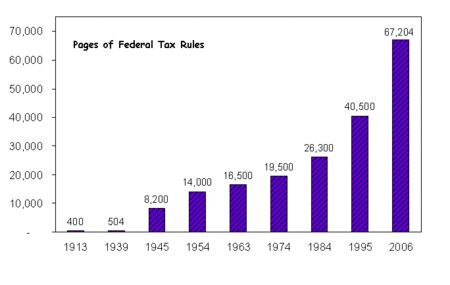Jeff Miller
Shaw 1988, NYIT 2009
Offline
The core problem of a "Fair Tax" is, from a logical standpoint, the heaviest burden falls on the Middle Class, as they "spend" a significantly larger portion of their income in the retail sector then the richest income bracket, and therefore a higher percentage of middle class income will end up being taxed then (wealthier tax brackets). This makes the tax fundamentally regressive, as opposed to progressive, which is from a base logic perspective fundamentally stupid.
To get around this a lot of different bells and whistles are being attached to the idea, such as a cross-board rebate that will proportionally mean more to the poorest and not taxing "necessities" like food.
But then you're falling into the exact same trap you're supposed to be getting away from, which is the income tax with all of it's assorted bells and whistles (deductions, exceptions, credits, etc).
"all men are created equal..."
except the rich...sock it to them....


